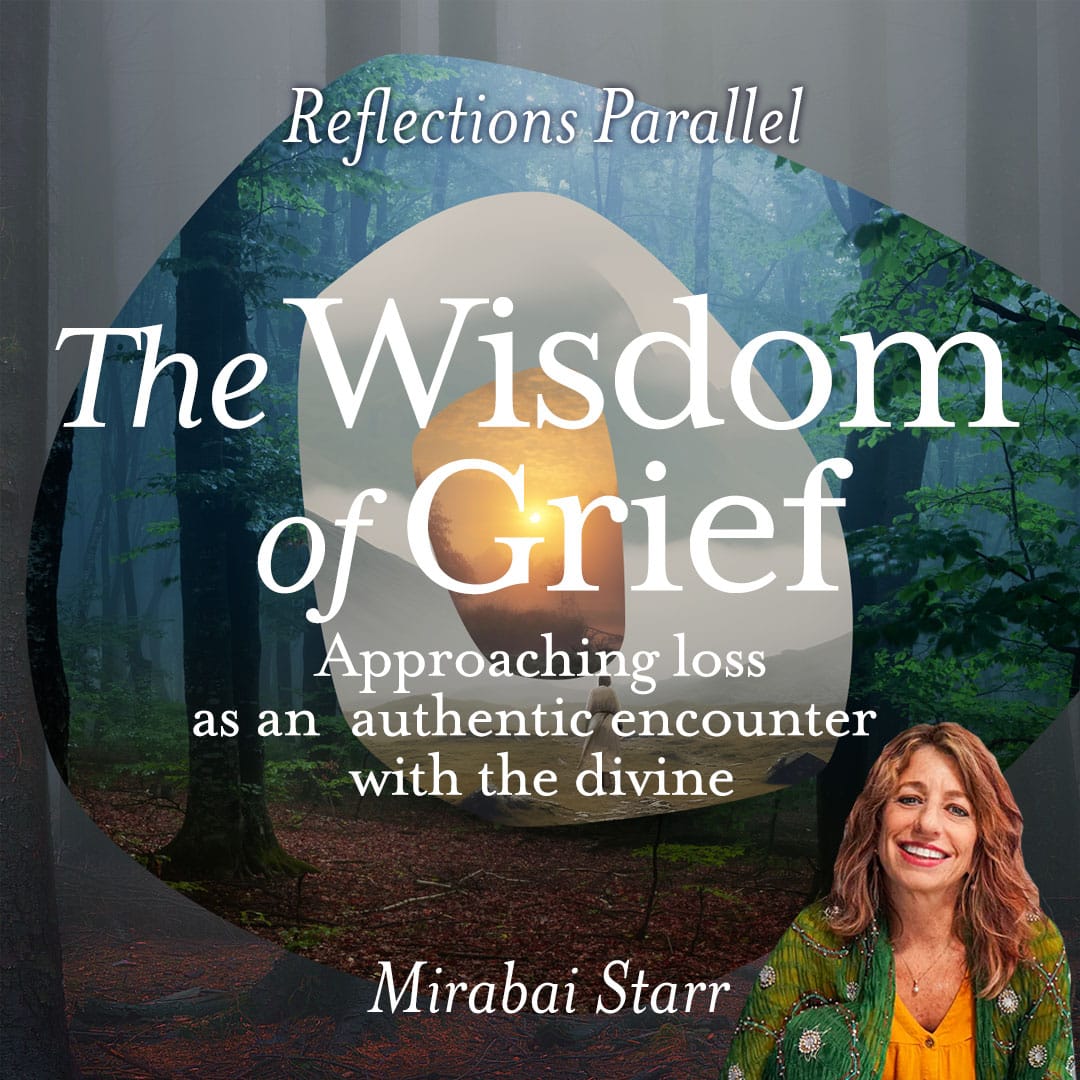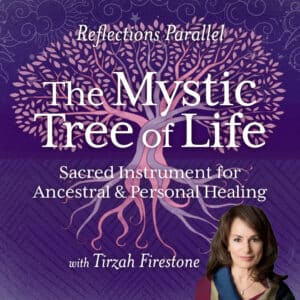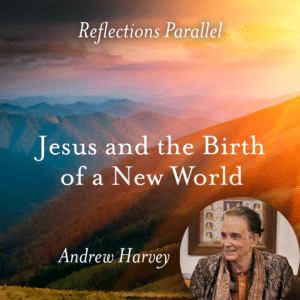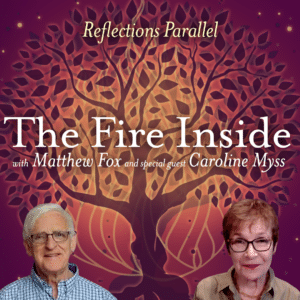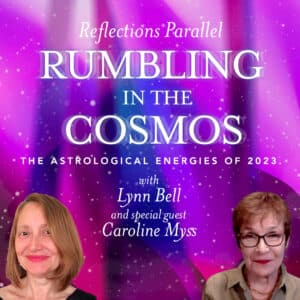Description
In this series, Mirabai reframes the “Stages of Grief” as “Portals of Transformation.” While grief is not a linear journey and we never get over our most profound losses, there are certain universal features in the landscape we can rely on to guide us.
Overview of “The Wisdom of Grief”
Grief is not a mistake, and you are not doing anything wrong by feeling your feelings. Grief is a natural response of the heart. When someone you love dies, when a significant relationship ends, when your body as you knew it loses the capacities you had depended upon, or when any other loss shatters the foundation of your reality, you grieve.
And something sacred offers itself in that shattering. A depth of soul, an expanded capacity for compassion, an increased sense of awe and wonder. Loss becomes a portal to the divine presence, a fiery gate through which you may pass into deeper aliveness.
Instead of treating grief as an item on the to-do list, trying to check it off as efficiently as possible so that you can get on with life as you knew it, how about approaching loss as a mystical invitation, an authentic encounter with the divine?
In this series, Mirabai reframes the “Stages of Grief” as “Portals of Transformation.” While grief is not a linear journey and we never get over our most profound losses, there are certain universal features in the landscape we can rely on to guide us, and investigating them helps us alchemize and integrate our painful experiences into a more robust, tender and awakened life.
The Wisdom of Grief
Lesson Plan
Lesson 1
Overview of the Landscape of Loss
None of us chooses to embark on the path of grief. But all of us face loss at some point – for many of us, many times. Whether we run from the pain of loss or turn toward it is a personal choice. When we dare to open our broken hearts and say yes to the journey of conscious grieving, the harsh wilderness reveals itself as imbued with beauty and meaning. We come to see that while everyone’s journey is unique, we do not walk alone.
In this session, Mirabai reframes Dr. Elizabeth Kubler-Ross’ legendary “Stages of Grief” as “Stations of Transformation.”
- The Dream (Denial)
- The Fury (Anger)
- The Story (Bargaining)
- The Abyss (Depression)
- The Rebirth (Acceptance)
Lesson 2
Angels Rush In
In the wake of a shattering loss, we may feel catapulted into a dreamlike state. The world as we knew it seems distant and unreal, and it may feel like we are sleepwalking. On a biochemical level, our brains are mercifully protecting us from the impact of our loss, which might otherwise be overwhelming. Spiritually, it’s as if the veils that ordinarily obscure the spiritual realm are torn away and we are granted special access to the sacred.
- Inexplicable peace
- Fugue state
- Liminal space
- Angelic support
- Presence of the ancestors
Lesson 3
Talking Back to God
The important thing is to be true to your authentic experience of grief. If your loss has infuriated you, allow yourself to be furious. If what happened to you has shattered your trust in a loving god, feel free to rebel. Do you blame your loved one for dying? That is a natural element in the full expression of grief. In this station, our hearts cry out in protest against our circumstances. We get to be real about what we feel.
- Crisis of faith
- Deconstruction of belief
- Loss of trust in benevolent universe
- Freedom in lambasting God
- Setting boundaries
Lesson 4
Monkey Mind
Our brains are designed to solve problems. But in many cases, profound loss is not solvable. The shattered pieces cannot be put back together. This does not stop our minds from going into overdrive, rehashing the story of our loss again and again, as if by reframing it from every possible angle we can make reality come out differently. This is a brutal yet inevitable station of the grief journey. We need to meet our pain with as much self-love as we can muster.
- Definition of “monkey mind” in Buddhism
- Agitation
- Failed director of the “Movie of Me”
- Shoulda-Coulda-Woulda
- Remorse, amends
Lesson 5
Dark Night of the Soul
The 16th century Spanish mystic, St. John of the Cross, describes the Dark Night of the Soul as a necessary spiritual crisis in which spiritual practices lose their allure and belief systems collapse. In this station of the grief journey, we have exhausted ourselves trying to figure out the problem of loss with our minds. We let ourselves down into the embrace of the darkness.
- We allow ourselves to be simply sad
- Holy Unknowing
- Desert spirituality
- The chrysalis
- Intimacy with the divine
Lesson 6
Forgiving Reality
We are not expected to ever be okay with shattering loss. In this station, however, we come to accept that what happened happened, and we begin to look reality in the face. There is a relief in giving up the struggle against what is. We recognize that countless other people have lost what and who they loved, too, and that we belong to this vast family of humanity. We realize that our pain is in proportion to our love, and that by showing up for our grief we are carrying that love into our lives and sharing it with the world.
- Grief rituals
- Living with the amputation
- Service
- The arts
- The butterfly

About Mirabai Starr
Mirabai Starr is an award-winning author of creative non-fiction and contemporary translations of sacred literature. She taught Philosophy and World Religions at the University of New Mexico-Taos for 20 years and now teaches and speaks internationally on contemplative practice and inter-spiritual dialog. A certified bereavement counselor, Mirabai helps mourners harness the transformational power of loss.
Her latest book, WILD MERCY: Living the Fierce & Tender Wisdom of the Women Mystics, was named one of the “Best Books of 2019” by Spirituality & Practice. Mirabai is on the 2020 Watkins List of the “100 Most Spiritually Influential Living People of the World.” She lives with her extended family in the mountains of northern New Mexico.
Frequently Asked Questions


